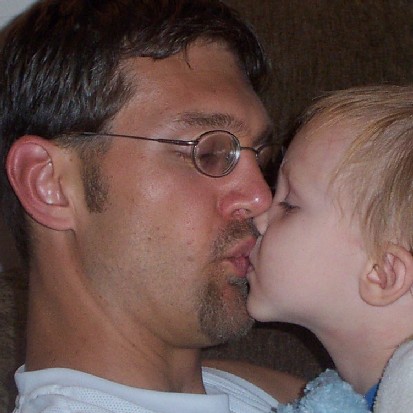John 6:52-59
Anyway, on to the passage at hand… Jesus describes the gospel in the most interesting terms: “Whoever feeds on my flesh and drinks my blood has eternal life” (v 54). What does that mean? Jesus explains Himself in v 56: “Whoever feeds on my flesh and drinks my blood abides in me and I in him.” This sounds like the language of John 15, where He says: “Abide in Me and I in you.” The strong connotations of life-giving fellowship are there. This gets more clear in the next verse: “As… I live because of the Father, so whoever feeds on me, he shall live because of me.”
So back to the original point about the gospel… Jesus says two things here about eating His flesh: eating Christ’s flesh leads to heaven (v 54) and eating Christ’s flesh is life-giving fellowship (v 56). Connecting these two means that the gospel brings us into life-giving fellowship with Christ. Or, better said, those in intimate fellowship are those who get life. Knowing Christ in personal experience isn’t a nice extra—it’s the gospel!

